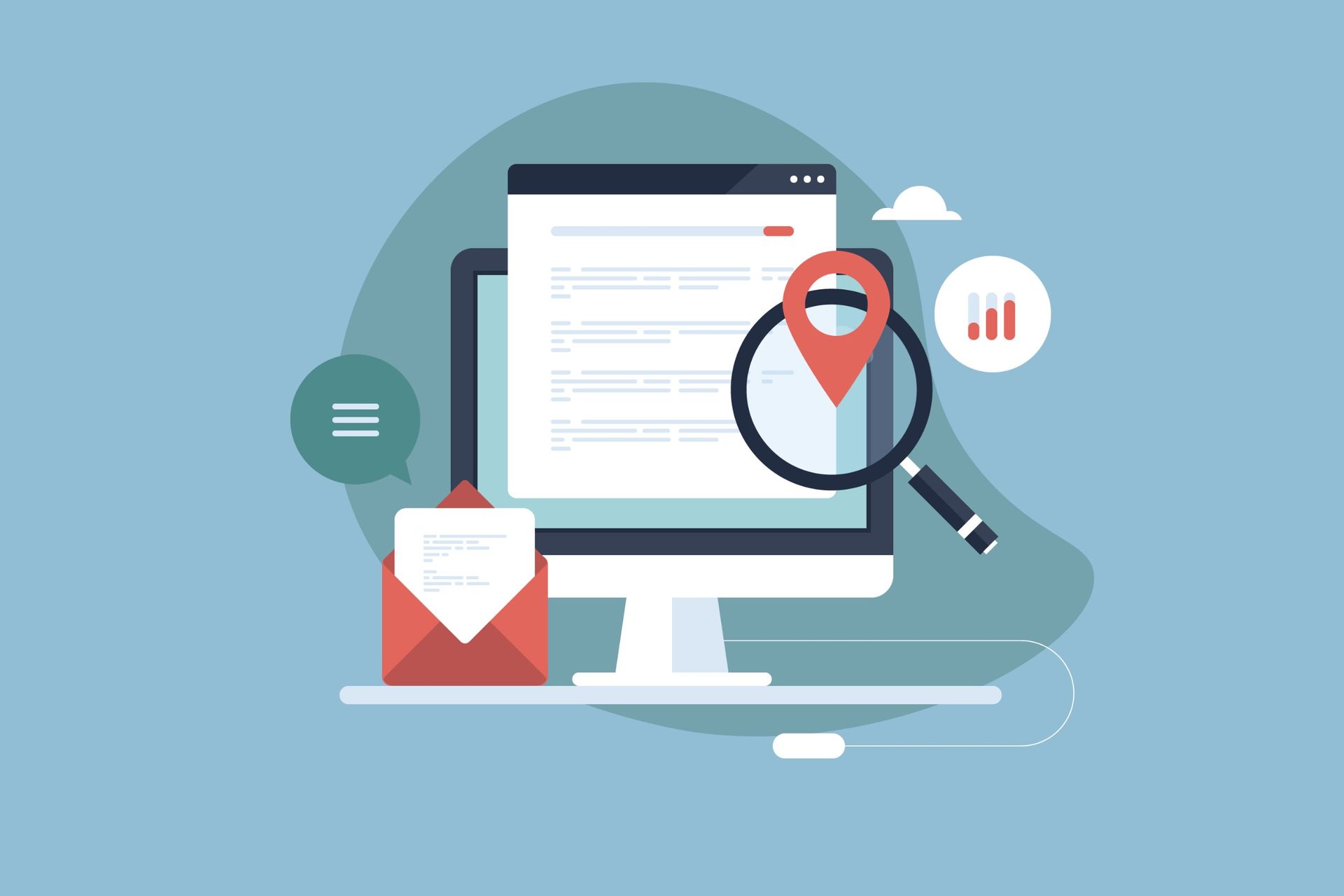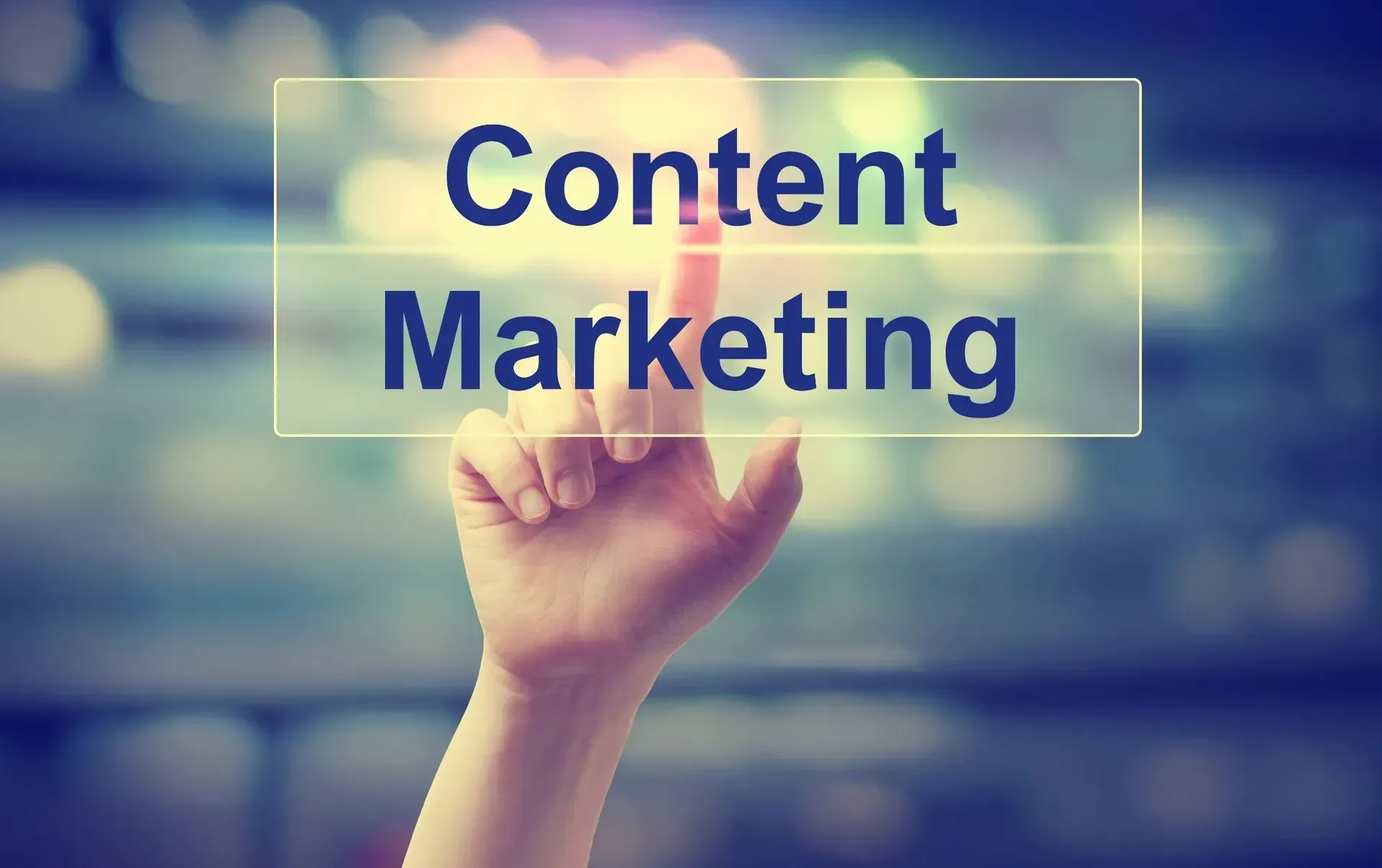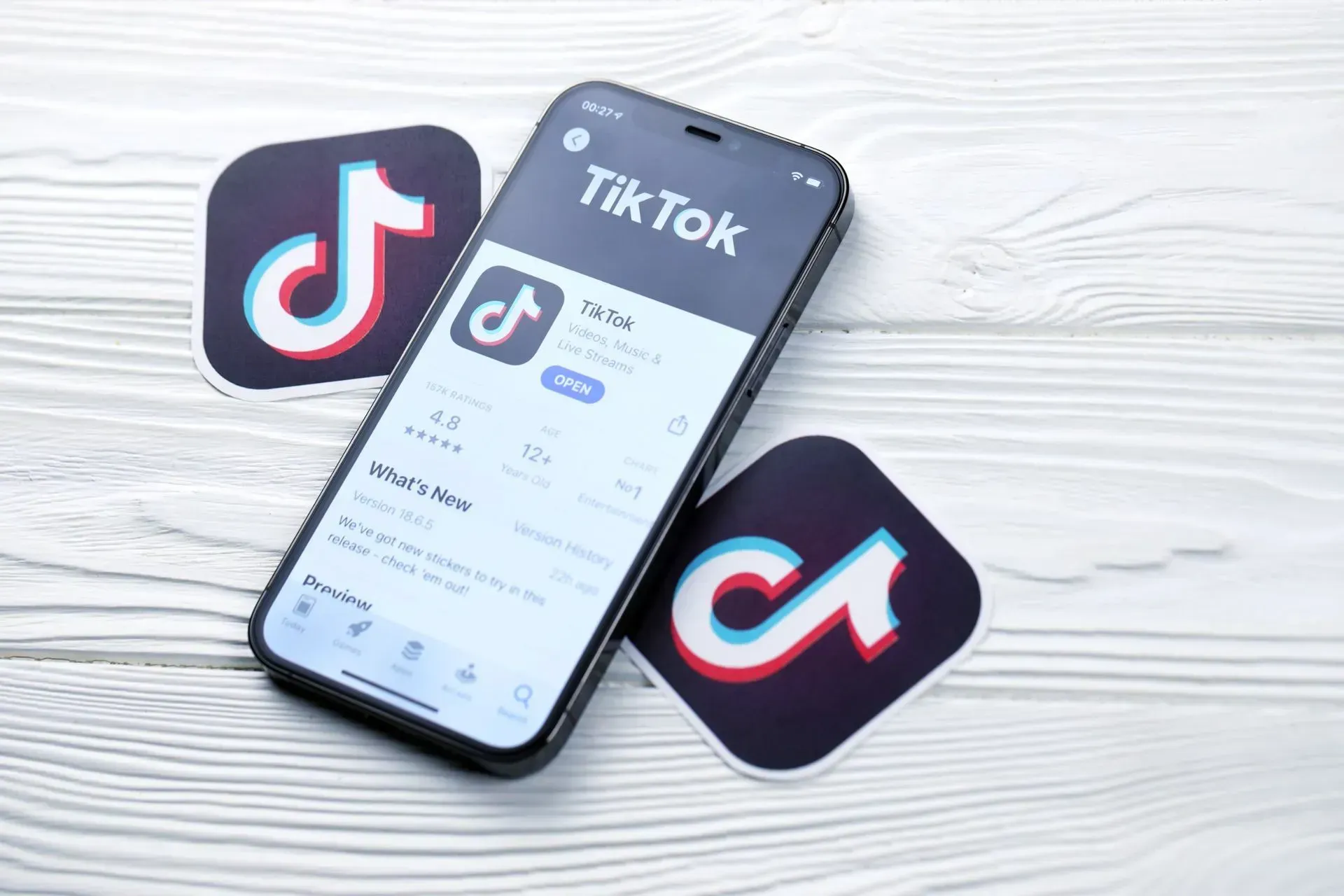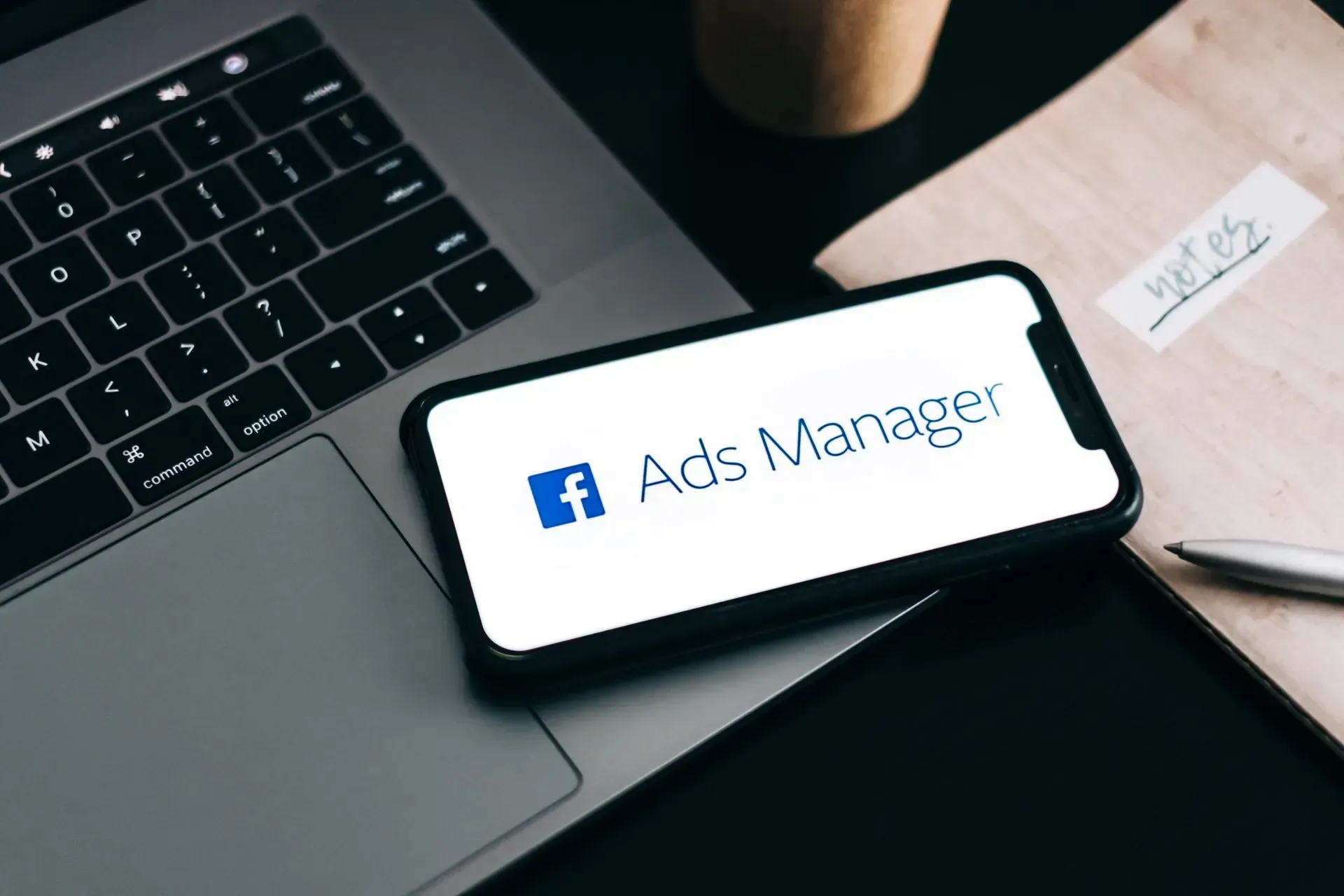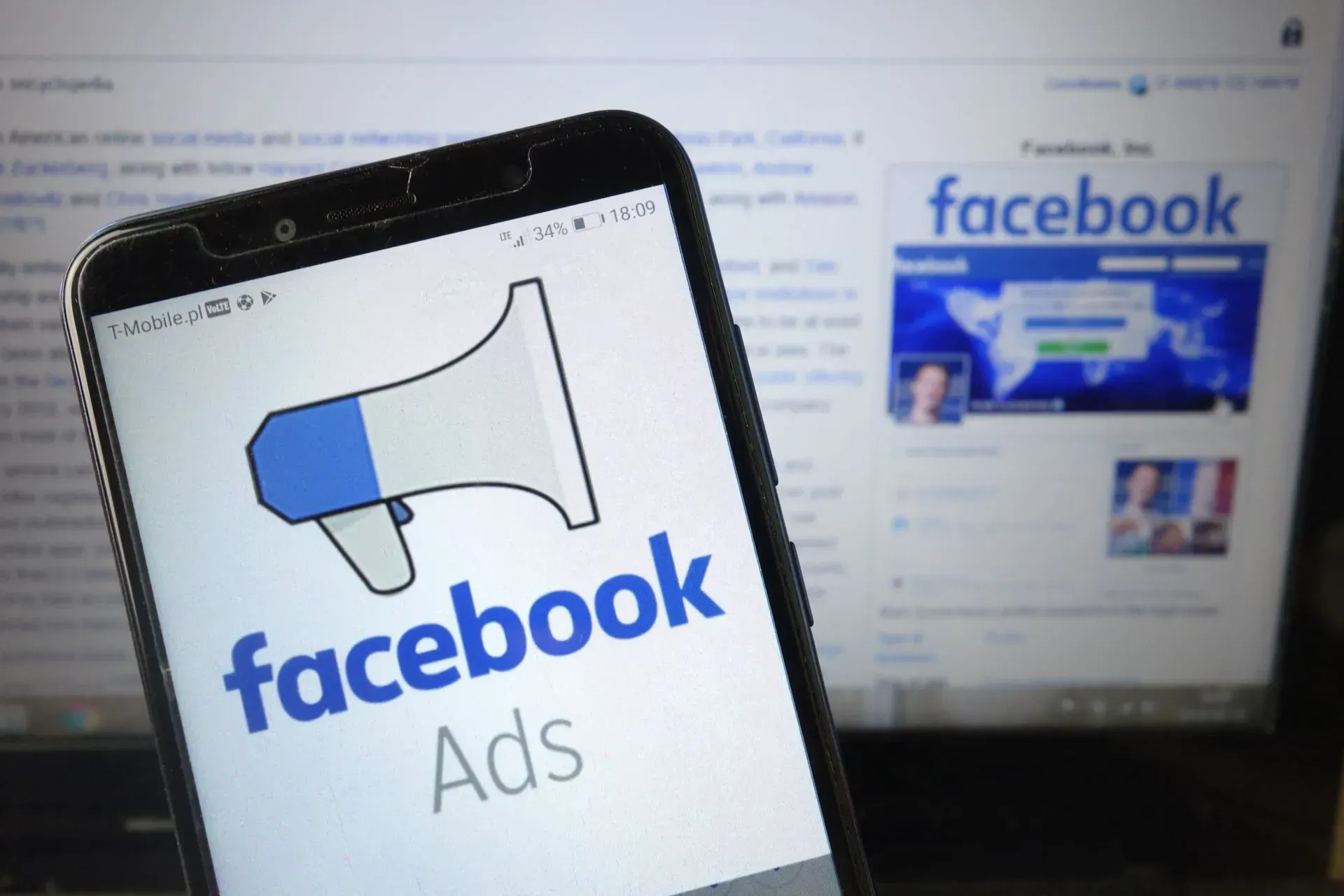SEO vs. PPC: When to Optimize and When to Pay for Traffic
Choosing between SEO and PPC depends on your business goals. For sustainable growth, SEO offers long-term benefits by improving organic rankings. A Tampa digital marketing agency can help you create an effective strategy, while a Tampa SEO agency ensures your site is optimized to attract the right audience. On the other hand, PPC delivers quick results, making it ideal for immediate campaigns. Combining both approaches can maximize traffic and ROI for your business.
Are you torn between the two popular digital marketing strategies: SEO (Search Engine Optimization) and PPC (Pay-Per-Click)? In this blog post, we'll help you navigate the decision-making process by exploring the key factors to consider when deciding whether to optimize your website for organic search or invest in paid advertising.
Understanding the nuances of each approach will empower you to make informed choices that align with your specific business goals and maximize your online visibility. So, let's unravel the world of SEO and PPC.
Understanding SEO and PPC
What Is SEO?
SEO, or Search Engine Optimization, is all about optimizing your website to rank higher on search engine results pages (SERPs). This is done by improving the quality and relevance of your content and using strategies that align with search engine algorithms.
Key components of SEO include:
- Keyword research to align with what users are searching for.
- Content creation that addresses user needs and provides value.
- Technical optimizations like page load speed and mobile responsiveness.
- Earning backlinks from reputable websites.
What Is PPC?
PPC, or Pay-Per-Click advertising, involves paying for placement in the sponsored section of search engine results or other online platforms. With PPC, you target specific keywords and pay a fee every time a user clicks on your ad.
Primary PPC platforms include Google Ads, Bing Ads, and social media advertising tools like Facebook Ads.
PPC gives you complete control over your audience targeting, budget, and the keywords you want to appear for instantly.
SEO vs. PPC: Key Differences
| Factor | SEO | PPC |
|---|---|---|
| Time to Results | Long-term approach (months to see results). | Immediate results once ads are live. |
| Cost | Low cost but requires time and expertise. | Higher upfront costs (pay per click). |
| Sustainability | Provides lasting results with continued effort. | Stops bringing traffic once the campaign ends. |
| Control | Limited control over algorithms and updates | Full control over targeting and budget. |
| Credibility | Perceived as more trustworthy by users. | Marked as "Ad", which can deter some users. |
Advantages and Disadvantages for Small Businesses
Advantages of SEO
- Cost-effective: Once optimized, SEO traffic is essentially free.
- Credibility: Users tend to trust organic search results.
- Long-term benefits: Good rankings can last for years with consistent updates.
- Supports brand awareness: High search rankings improve visibility and trust.
Disadvantages of SEO
- Takes time: Results aren’t instantaneous, which can be frustrating for businesses needing quick traction.
- Competitive: Ranking high can be challenging in competitive industries.
- Algorithm dependence: Changes in search engine algorithms can impact rankings.
Advantages of PPC
- Quick results: Traffic can start flowing within hours of campaign launch.
- Precise targeting: Ads can reach the exact audience you define (location, age, behavior, etc.).
- Scalable: Increase or decrease your budget based on performance and goals.
- Measurable ROI: Detailed metrics make it easy to track performance.
Disadvantages of PPC
- Costly: Ads require ongoing investment, and costs can escalate in competitive industries.
- Temporary results: Traffic disappears once ads stop running.
- Ad fatigue: People may become blind to persistent ads.
Key Factors to Consider When Choosing SEO or PPC
When deciding between SEO and PPC, consider these factors carefully:
1. Budget: If you have limited funds, SEO can be the better long-term investment because it doesn’t have ongoing costs like PPC. However, if you need immediate traffic and have a flexible budget, PPC is ideal.
2. Timeframe: Do you need results quickly? PPC lets you start driving traffic right away. For businesses looking to establish long-term organic credibility and rankings, SEO is more effective.
3. Competition: Highly competitive industries often require a mix of SEO and PPC. SEO can take time to beat competitors' rankings, while PPC can help you capture traffic instantly.
4. Target Audience: PPC allows for highly targeted campaigns, ideal for businesses with niche markets. SEO, on the other hand, works well for businesses targeting a broader audience.
5. Business Goals: Want to build a lasting brand presence? Focus on SEO. Want to boost holiday sales quickly? Allocate your ad dollars to PPC.
Tips for Integrating SEO and PPC
The truth is, SEO and PPC work even better together. Here’s how to integrate them for the best results:
1. Use PPC to Test Keywords: Not sure which keywords will perform best for your SEO strategy? Launch a PPC campaign to gather data on keyword performance and optimize your content accordingly.
2. Dominate SERPs with Both Strategies: Why settle for ranking organically or showing a paid ad? Combining SEO and PPC can help your brand dominate the search engine results pages (SERPs) by appearing in both paid and organic listings.
3. Use PPC to Drive Traffic While SEO Grows: Since SEO takes time, supplement your efforts with PPC campaigns to maintain website traffic and customer engagement during the early stages.
4. Retarget SEO Visitors with PPC Ads: SEO helps bring users to your site organically. If they don't convert immediately, retarget them with display or search ads through PPC.
5. Track and Analyze Together: Monitor the performance of both SEO and PPC efforts using tools like Google Analytics. Use the insights to adjust strategies for better results overall.
Drive Your Business Growth with a Strategic Approach
A Tampa SEO agency and Tampa digital marketing agency can help you craft a personalized strategy that maximizes both SEO and PPC for business growth. By focusing on SEO to organically improve your rankings and combining it with PPC to drive paid traffic, you ensure a balanced and effective approach to digital marketing. With the expertise of a Tampa SEO agency, you can optimize your website for search engines, while a Tampa digital marketing agency can manage PPC campaigns to drive qualified leads, increasing brand visibility and long-term success.
Ultimately, deciding between SEO and PPC—or choosing to use both—comes down to your business’s specific needs, goals, and resources. For small business owners, a balanced approach often works best. Use the immediacy of PPC to drive traffic now, while investing in long-term SEO strategies to build sustainable growth.
With the right strategy, you can maximize your online visibility and attract high-quality leads that convert into loyal customers.
Ready to boost your online presence and drive business growth? Book a strategy call today and let our experts help you navigate the world of SEO and PPC for maximum impact!


